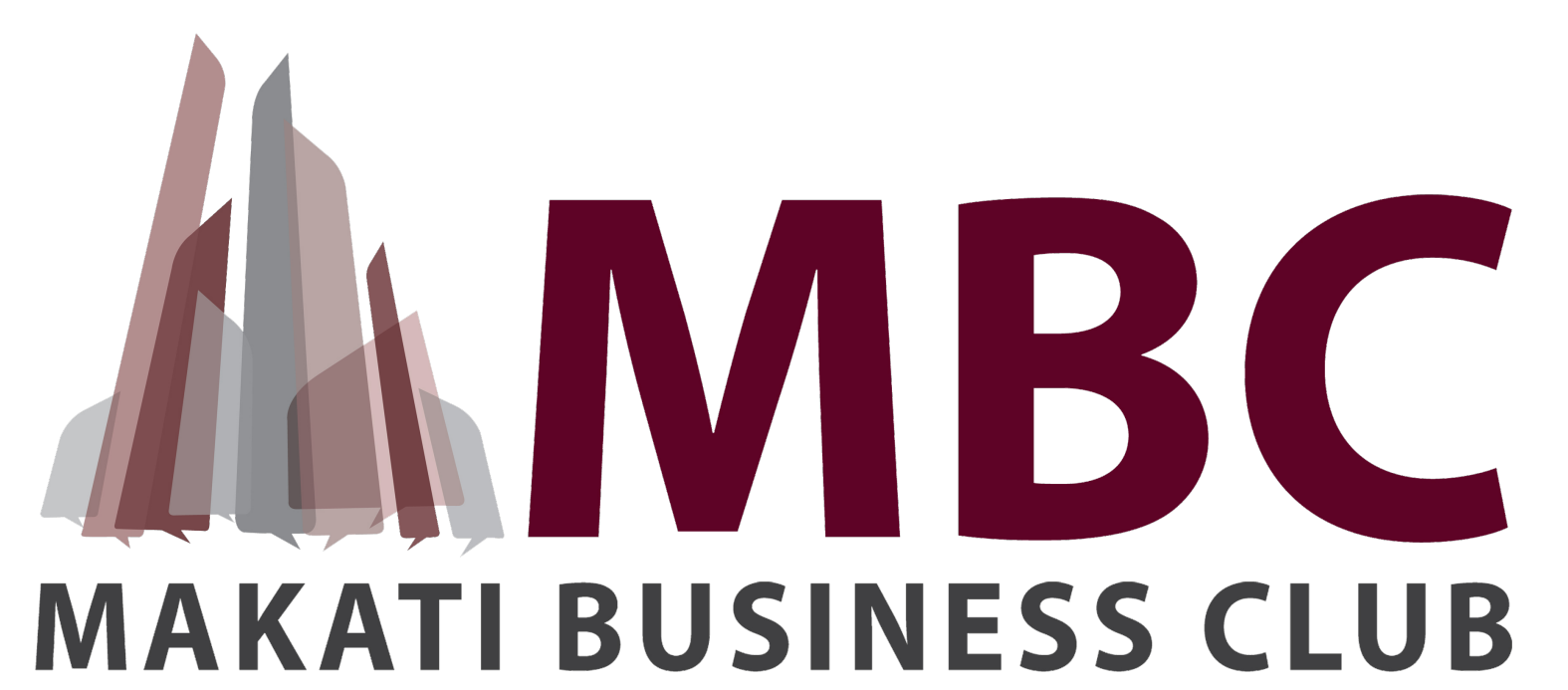Mayor Binay, Globe Telecom “Race” to Address Climate in UK-MBC Series
17 March 2022 – Globe Telecom and the City of Makati, pioneers in the UN’s Race to Zero and Race to Resilience campaigns, shared the steps they’ve taken to make their operations more sustainable at a British Embassy-Makati Business Club online series aimed at encouraging more businesses to join the initiatives.
Makati, the first city in the world to commit to Cities Race to Resilience, said local action can have a big impact. “For cities in the Philippines and other parts of the globe, ‘business as usual’ is no longer a viable option,” Mayor Abby Binay said at the March 10 Race to Resilience forum. “While cities are a critical factor in our fight against climate change, it is a battle we can’t win on our own”.
Globe Telecom, the first Philippine company to commit to the UN’s Race to Zero (R2Z) campaign, discussed how it is reducing its GHG emissions in order to meet its net-zero goal. The company has so far shifted 14 of their operation sites into renewable energy which led to the offset of over 33 tons of carbon emissions, Globe Chief Sustainability Officer Yoly Crisanto said.
Companies that join the Race to Zero campaign, commit to using science-based targets to achieve net-zero emissions. Businesses that sign up for Race to Resilience help communities become more resilient against climate impacts.
Leading businesses around the world are accelerating the transformation to sustainable operations as customers, financial markets, and regulators increasingly require or reward the shift, said Nigel Topping, the UN’s High-level Climate Action Champion for COP 26. COP stands for ‘Conference of Parties’ – an annual convention attended by countries that signed the UN’s Framework on Climate Change. “A massive re-education is happening in boardrooms and investment committees around the world,” Topping said. “The more public and private actors agree on short-term breakthrough points, the less risk there is for everyone.”
Atty. Alex Cabrera, Vice-Chair of ARISE Philippines, the local arm of the UN-led Private Sector Alliance for Disaster Resilient Societies, shared ARISE’s priority to educate community stakeholders on disaster risk management strategies and gather business support to increase community resilience. This is important since the country is hit by an average of 22 typhoons per year and 60% of the country’s total land area is exposed to multiple hazards from climate shocks.
Tony Chan, Southeast Asia Planning Leader of Arup, the British engineering giant, offered a whole systems thinking approach to city resilience. Arup contributes through participatory and collaborative methods that help their client companies develop and improve their resilience against climate impacts over time. Dr. Bruce Chong, Arup Director and Sustainability Leader, presented climate-resilient solutions such as typhoon modeling and the analysis of possible storm surges in coastal areas. He also covered case studies from companies in coastal countries like the Philippines.
